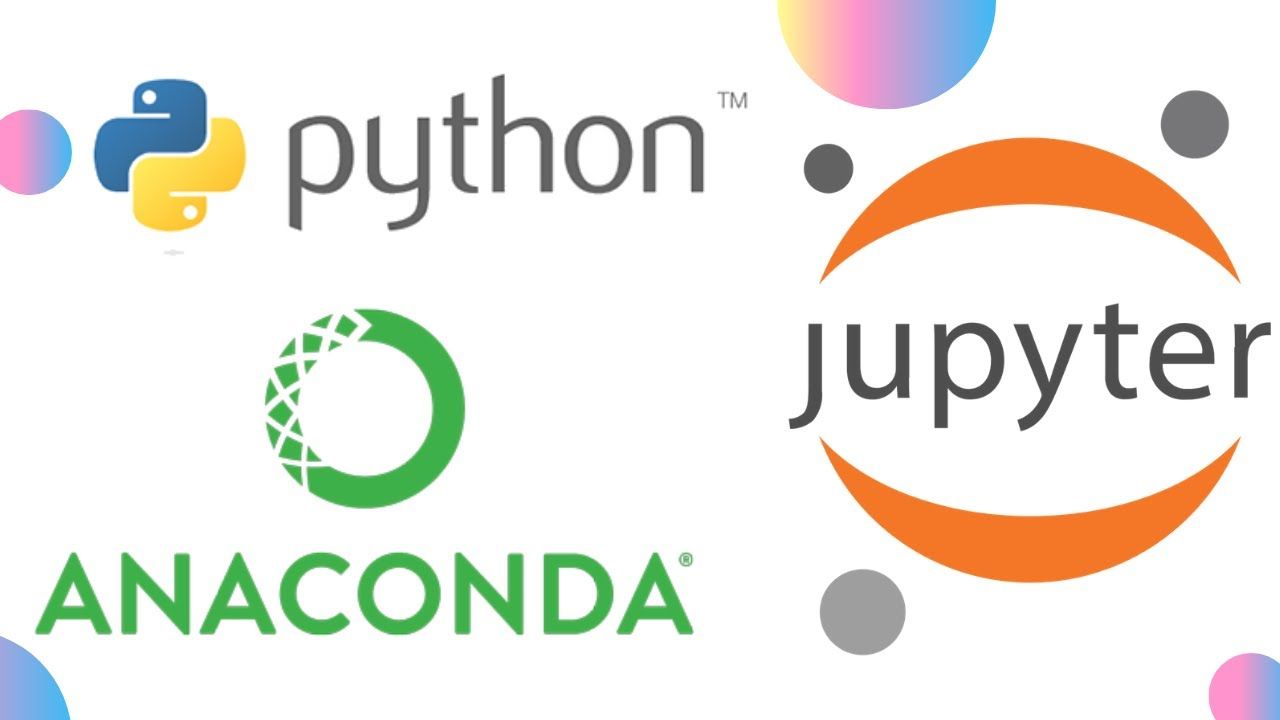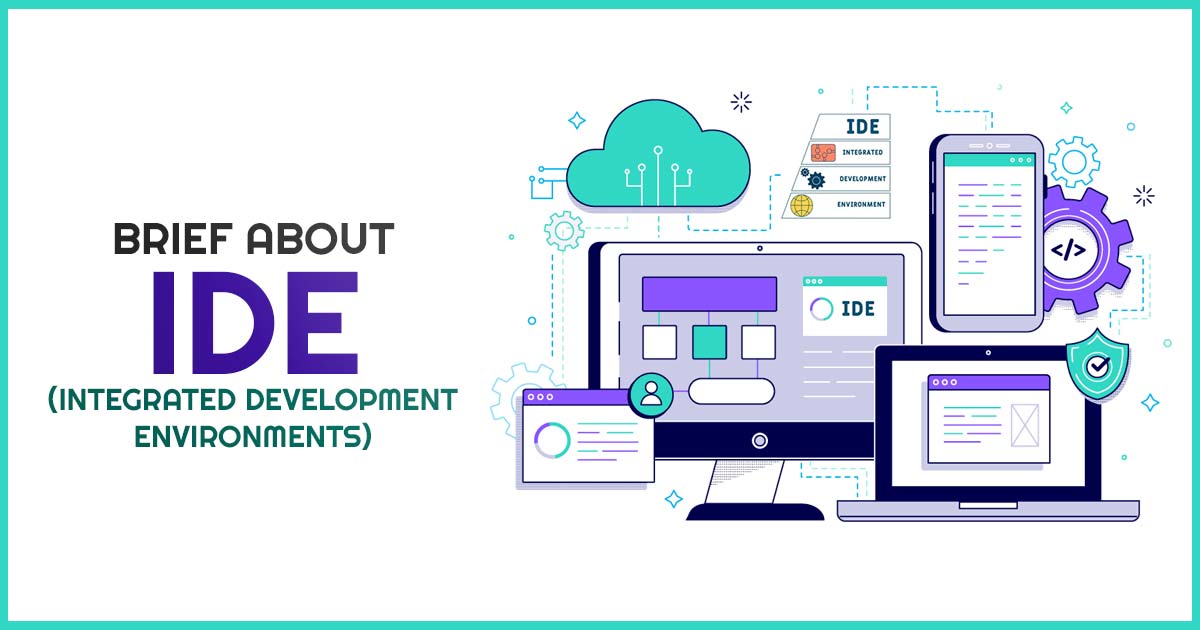Eclipse: A Comprehensive Introduction and Practical Guides
Published

Eclipse IDE: Your all-in-one development environment
The Eclipse Integrated Development Environment (IDE) is a powerful and versatile development environment that is appreciated by developers worldwide. Eclipse offers a comprehensive suite of tools and functions that facilitate software development in various programming languages such as Java , C++, Python and more. Eclipse is characterized by its flexibility, as it is an open source platform and supports a wide range of plugins and extensions. Developer can customize the IDE to their specific needs by adding plugins that optimize their workflows. Key features of the Eclipse IDE include a powerful code editor with syntax highlighting and auto-completion, debugging tools, integrated version control, comprehensive project management and support for user interface creation. It is also known for its robust support for Java development and offers features such as refactoring and Code generation . The Eclipse community is active and dedicated, which means that regular updates and improvements are available. For developers looking for an all-in-one development environment that is versatile and extensible, the Eclipse IDE is an excellent choice.
Project management and teamwork in Eclipse: working efficiently
The Eclipse development environment is not only an excellent choice for individual developers, but also offers powerful features for efficient project management and teamwork. Eclipse supports collaboration in distributed development teams and helps to make the development of software projects smooth and effective. One of the outstanding features of Eclipse in terms of project management is the integration of version control systems such as Git and Subversion. This allows developers to easily track changes, analyze version history and resolve conflicts. This promotes collaboration and transparent source code management. In addition, Eclipse offers tools for managing projects and dependencies.

Eclipse on startup
Developers can structure projects, manage dependencies and integrate build automation to increase efficiency in software delivery. The integration of bug tracking systems and the ability to share development resources allows teams to collaborate more effectively and solve problems in a coordinated approach. The ability to bring development teams together in a single integrated environment and provide tools to support project management makes Eclipse an excellent choice for organizations looking for efficient software development solutions.
Eclipse plugins and extensions: Customize your IDE
Eclipse is not only a powerful development environment out of the box, but also offers an impressive variety of plugins and extensions that allow developers to customize and extend their IDE according to their individual needs. These plugins and extensions help to increase productivity and optimize the development experience. The range of Eclipse plugins available is impressive. Developers can find plugins that enhance their work in various programming languages, from Java to Python to C++ . There are also extensions for web development, database management, version control, testing and much more. This allows developers to customize their IDE to their specific projects. Another notable feature of Eclipse is the Eclipse Marketplace, a platform where developers can find a wealth of plugins and extensions. From code analysis tools to UI designers and database management tools, there is an extension for almost every requirement. The ability to customize Eclipse allows developers to create a bespoke development environment that perfectly reflects their working style and requirements. This helps to increase efficiency and improve the quality of the software developed.
Debugging and testing with Eclipse: Error-free software development
Debugging and testing are essential steps in the software development process to ensure that the software created is error-free and stable. Eclipse offers a powerful suite of tools and features to help developers perform these tasks efficiently and accurately. Eclipse has a built-in debugger that allows developers to run through their code line by line, monitor variables and analyze the state of their program as it runs. This makes it much easier to identify and fix program errors. In addition, Eclipse also provides support for remote debugging, which is particularly useful when running the software on remote systems or devices. In terms of testing, Eclipse enables the seamless integration of various testing frameworks, such as JUnit for Java projects. This enables developers to run automated tests to ensure that their code delivers the expected results and does not exhibit any unexpected behavior. The test results are clearly displayed in the IDE, making it much easier to localize and fix errors. Another advantage of Eclipse is the ability to integrate code analysis tools that detect potential problems in the code at an early stage and give developers hints on how to improve code quality. This helps to prevent errors before they occur and make development more efficient overall. Overall, Eclipse offers a comprehensive suite of debugging and testing tools that help to increase the quality and reliability of software projects and give developers the confidence that their applications are working properly.
How does Eclipse differ from other IDEs?
Eclipse differs from other integrated development environments (IDEs) in various ways:
- Open source: Eclipse is an open source IDE, which means that it is available free of charge and is supported by a large community. This enables developers to adapt the source code and develop extensions.
- Modularity: Eclipse has an extremely modular structure, which enables developers to install only the modules and plug-ins they need. This keeps the IDE lean and resource-efficient.
- Versatility: Eclipse supports a wide range of programming languages, including Java, C/C++, Python , PHP Ruby and more. It also offers tools for the development of web applications, mobile apps and embedded systems.
- Extensibility: Eclipse offers an extensive collection of plug-ins and extensions developed by the community. This allows developers to customize the functionality of the IDE to their needs.
- Code refactoring: Eclipse offers powerful code refactoring features to help developers improve and optimize their code.
- Debugging: Eclipse's debugging features are very powerful and easy to use. They provide extensive tools for finding and fixing errors in your code.
- Integrated development for different platforms: Eclipse offers special tools for the development of Android-Apps , web applications, desktop applications and more.
- Community and support: Eclipse has an active community of developers and companies that support the IDE. This means that there are many resources, forums and tutorials to help developers with problems and questions.
- Extensive integration: Eclipse can be seamlessly integrated into version control systems such as Git and offers support for Continuous Integration and Continuous Delivery (CI/CD).
- Platform independence: Eclipse is platform-independent and can be used on various operating systems such as Windows, Linux and macOS.
It is important to note that the choice of an IDE depends on the specific requirements of your project and your personal preferences. There are many other IDEs, including commercial ones such as IntelliJ IDEA and Visual Studio, which are also powerful and popular. So the decision for an IDE should depend on your individual requirements and preferences.








